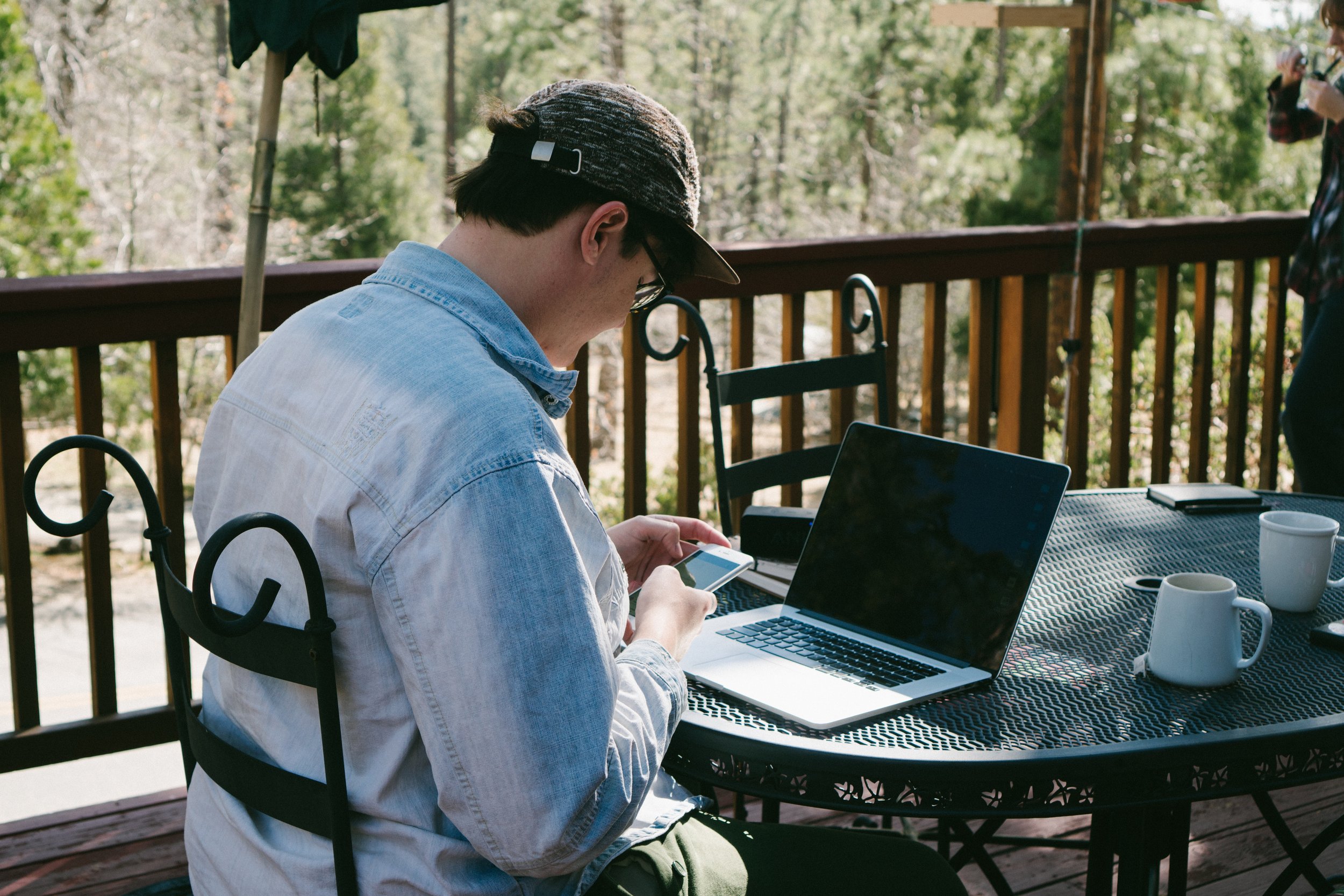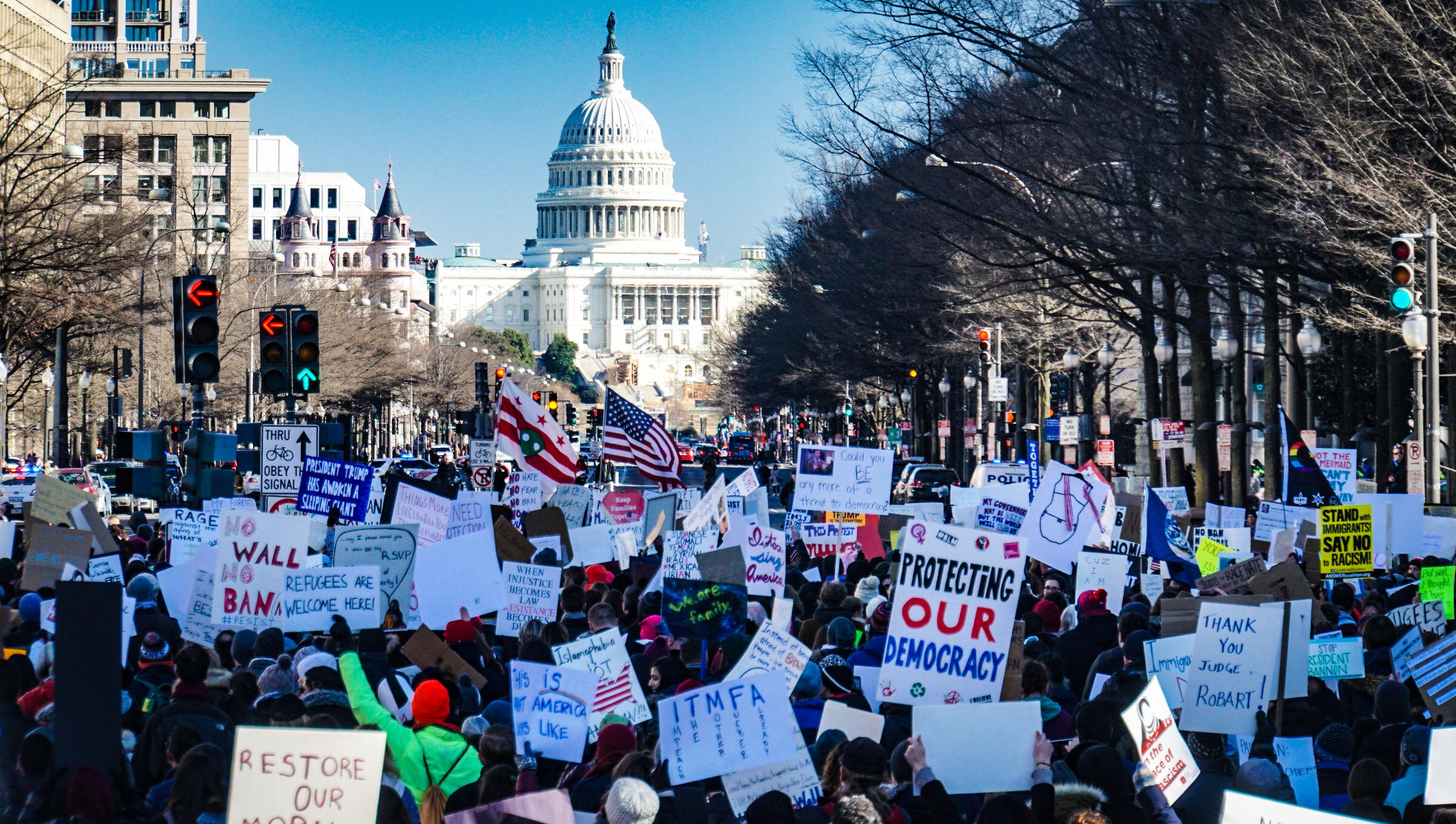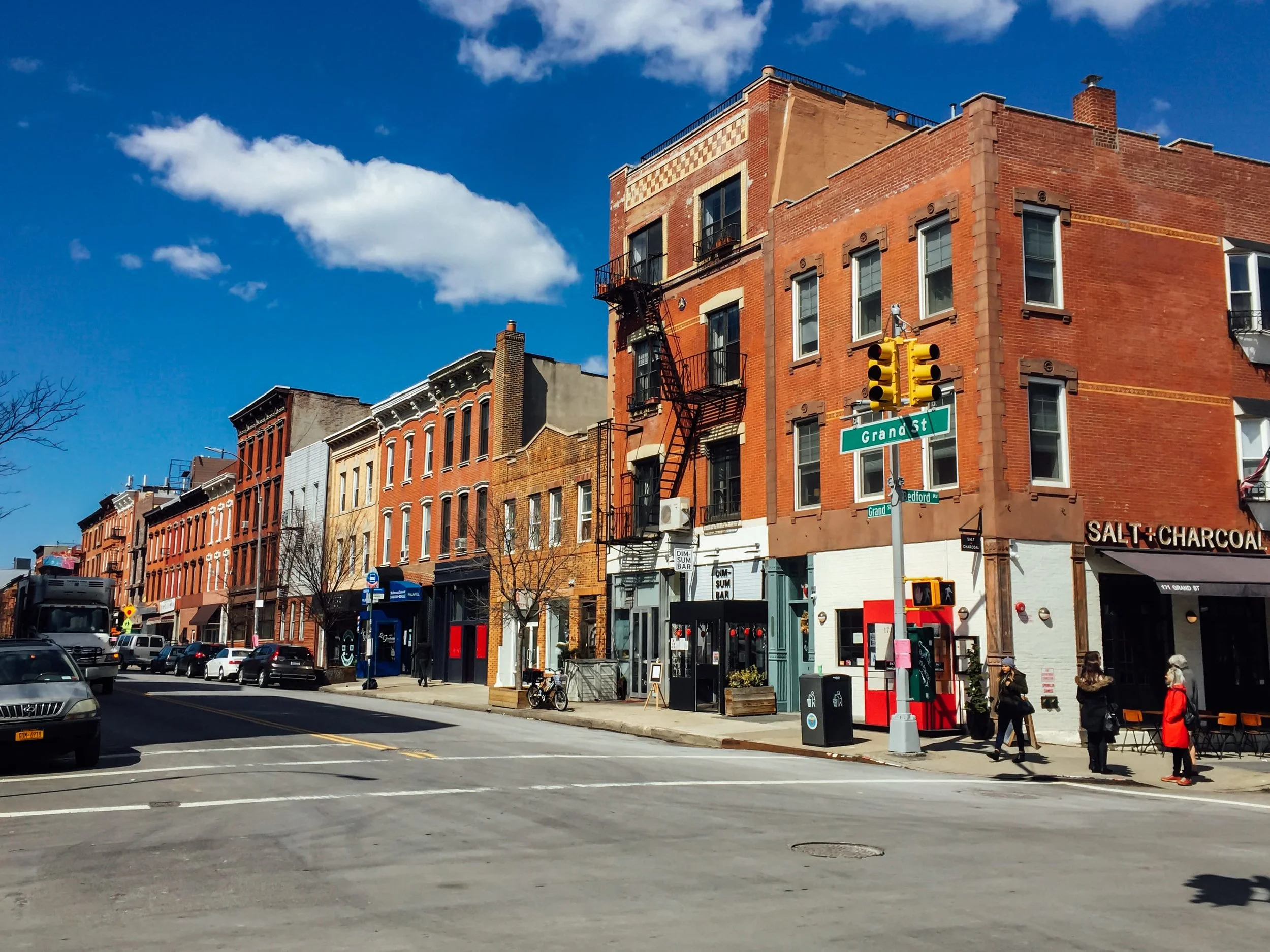Editor’s note: This piece was originally published in 2019, and the suggested events and workshops to attend are now outdated. We encourage you to seek out organizations hosting race-related workshops in your area or virtually, and invite you to reach out to us at info@nifw.org for more current suggestions.
Black History Month has been on our communications planning calendar for over a year. How in the world can a white middle-aged lady who grew up in upper-middle-class suburbia have anything relevant, meaningful, or additive to say about black history or diversity? So, I asked a brilliant and revered African American woman to opine on the topic, but significant illness caused her to have to, understandably, cancel. Too late to contract someone else, I sat with a decision - Let Black History Month slide on by with no mention in our publications? Publish an article on black history or the importance of diversity in the workplace written from a white perspective? Write a who’s who and laud five great black vocational leaders readers may not know?
Or perhaps confess. And ask my black brothers and sisters to help me do better. And ask my white ones to join me.
I grew up in Texas in a white upper-middle-class neighborhood and attended a K-12 school established at the time of “white flight” schools. In my first week of kindergarten, my grandmother asked me if there were any black children in my class to which I naively replied, “No, but one almost is, because he is already brown.” Despite having a father who worked long hours in social justice areas, in my 18 years of childhood, I only recall interacting on a regular basis with three African Americans.
The comfort of habits ingrained in my upbringing has been hard to shake, which may be the biggest root of the problem: inertia. Despite being in jobs over the last 25 years that have increasingly awoken me to my privilege and more importantly, the existence of systemic injustices, I live in an affluent white neighborhood, my youngest child attends a private school that is 80% white, and I have paid or pay dues to organizations/clubs that cultivate exclusion and privilege. I run a small organization with an all white team. I contract speakers, most of which are white. I teach a curriculum written by nearly all white men. I have worked in a variety of organizations over the past 25 years, some of which have best-in-class “diversity policies,” yet until recent years, I had very few black “friends.” But God is nudging me through the power of relationship.
In the last decade, God has graciously given me some new friends who have been teaching me about systemic racism. Ten years ago, I thought the goal in racial relations was to be color blind. Oh, please forgive me. That is so dismissive - dismissive of identity, of personal history, of national history, and of God’s design and story. I learned that we need to understand difference, systemic injustice, and voices at the table. We need to understand racism and celebrate diversity. And I am so woefully insufficient. Talk with no action. Efforts with no risk.
Even as I type this, I am tempted not to publish, because it might call me to discomfort and publicly expose areas of hypocrisy in my life. It might grieve my mother to know that the amazing life she provided me created a sheltered blind spot. Yet my friends teach me and beckon me further. I don't mean for this to be a judgment upon anyone who shares in my “whiteness”, rather an encouragement in all that God is showing me about the value of difference and relationship and the impact on our systems. As my world has expanded with black friends and an increasing appreciation of the black narrative, my life has become more. More discomfort, but more importantly, more beauty, more perspective, more depth, more Truth, more meaning.
To my black friends:
It is increasingly amazing to me that you would befriend me in spite of my blind spots. Thank you for your efforts, your time, your patience and your friendship, especially when I can be slow, dense, and occasionally defensive. Please keep pushing me. Thank you for your forgiveness.
To my white friends:
It can be easy to ignore the topic of racism, especially if we have some black friends. We can co-labor for years with black colleagues, yet be blind to our privilege. It feels more comfortable to convince ourselves that if a black man can be president, then the problem is solved. We can believe that tutoring at a low performing school is doing our part. Or that “they” are not doing theirs. We can say “I am not racist” and believe it. And we can convince ourselves that the problems are so big that they are insurmountable, and just stay comfortable. But if we look at our practices, our systems, our institutions, and our choices, are we complicit? Can we at least acknowledge complicity? While certainly not sufficient, can we all commit to moving at least one step forward? Can we confess and see that complicity actually IS racism?
With the encouragement of some mentors and friends and with God’s grace for my mistakes, I have been journeying to move deeper into issues around race in baby steps at both a systems level and a personal level. Being aware is not enough. Talking about it is not enough.
How do we move forward?
Personal lives can be hard to change since relationships often evolve from the institutions in our lives. Via human nature, often we are drawn to churches and schools where people look most like us, and so the social capital cycle continues around and around. Through clients in my work, I have been gifted some relationships with people very different from me, and they have become dear friends. Sharing our hearts and struggles, developing trust, and forging through misunderstandings have been life-giving; appreciating each other’s differences is what I am convinced God wants in friendship.
At a systems level, our small organization has created some processes that reduce the tendency to always take the most efficient routes of using social capital to get things done. For instance, we have instilled “invite collaboration from diverse communities” as a step in the planning of our large events. We have instituted processes in our director hiring protocols to avoid the “similar to me” bias, and we have pushed our curriculum writers to diversify the author list. We have created team margin for attending events to cultivate diverse relationships, and we have made increasing diversity of our constituents a stated strategic priority. Most important, we have been able to receive counsel from the minority voice alumni of our leadership intensive about ways we can change and evolve. These steps are not all working perfectly, but we are learning.
Admittedly these personal and work adjustments are a thimble of water in a desert when what is needed is an oasis, but nevertheless, they are movement forward. Would you like to join me as I attempt to keep growing? I have some suggested next steps below, but in particular, would you join me on April 8 at the Center for NonProfit Management for Introduction to Systemic Racism? I look forward to all that we will learn.
I do know that with Christ as a mediator, any walls can crumble.
For Christ himself has brought peace to us. He united Jews and Gentiles into one people when, in his own body on the cross, he broke down the wall of hostility that separated us. (Ephesians 2:14)
































